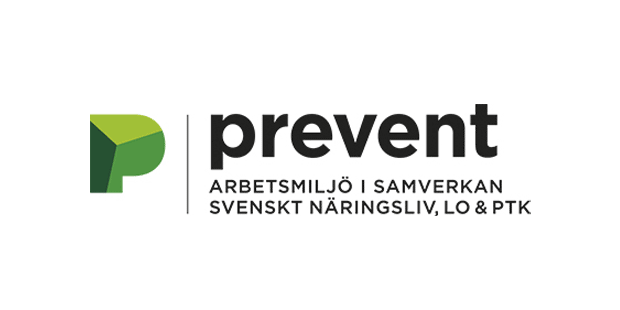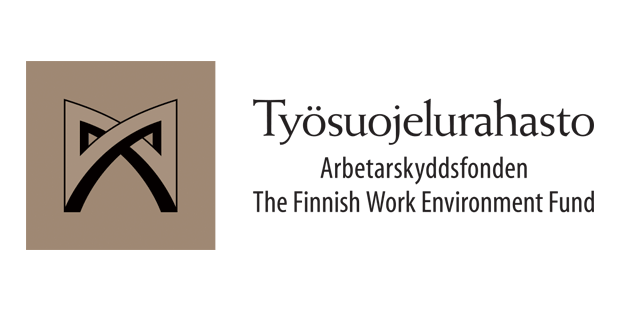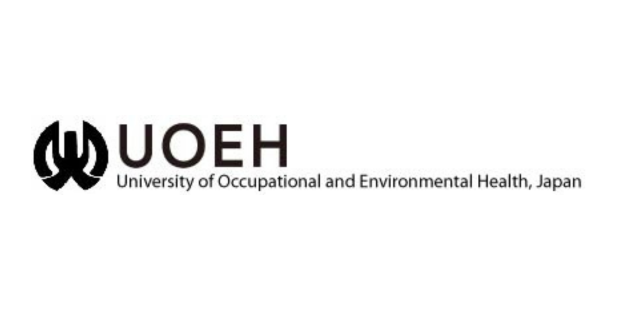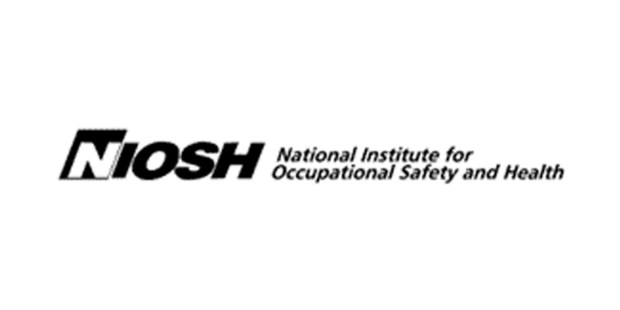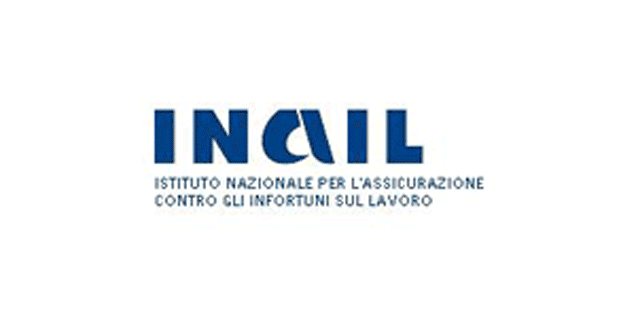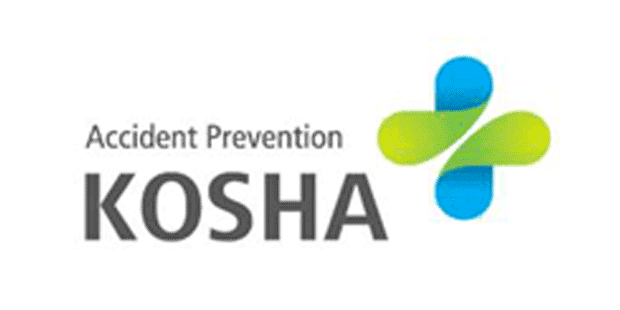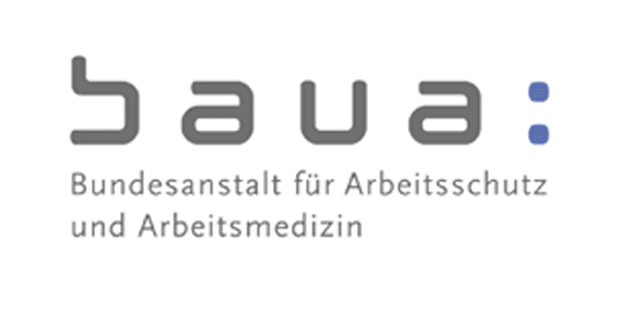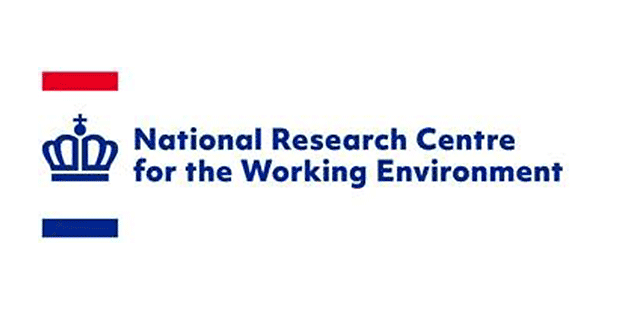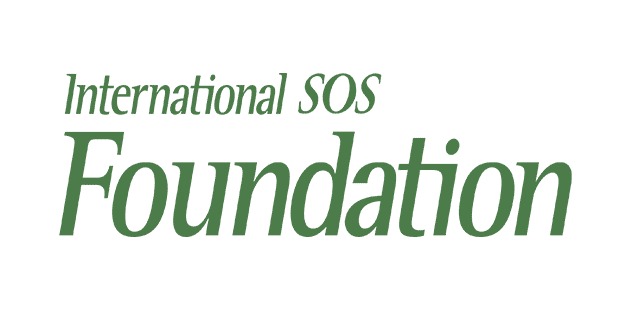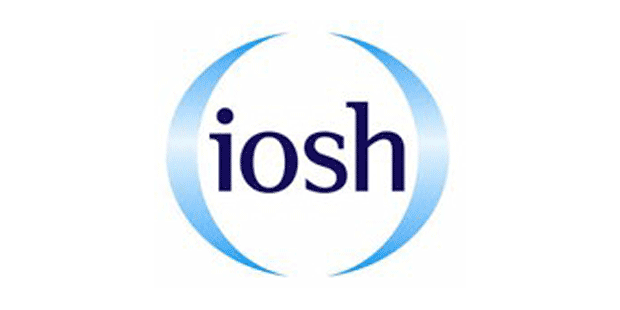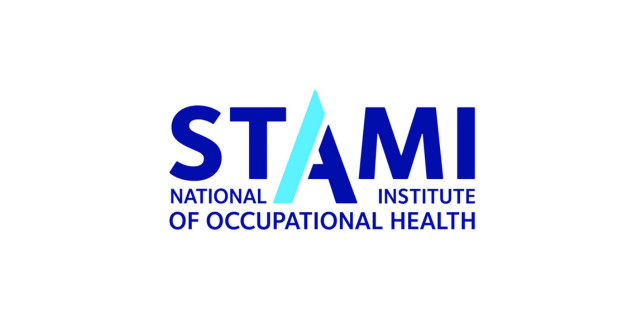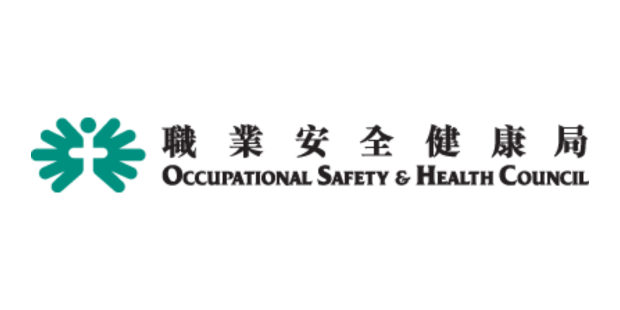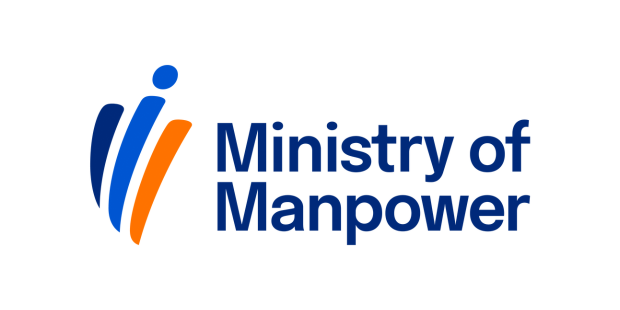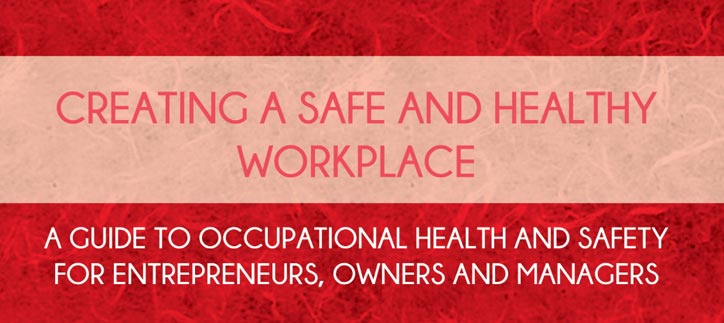Prof. Sven Hernberg passed away
The occupational health community was hit by the sad news of the passing away of Professor Emeritus, former ICOH President Sven Hernberg on 10 June 2019 at the age of 85 in Helsinki, Finland.
Sven was born in Helsinki, completed his medical studies at the University of Helsinki and served in the Finnish Institute of Occupational Health, FIOH, for 33 years. He started his residency in occupational medicine in FIOH’s Department of Occupational Medicine in 1960, and specialized in occupational medicine in 1964, obtained his PhD in the toxicology of lead in 1967, and served as an adjunct professor at the University of Helsinki’s Medical Faculty from 1970 to 1999.
For the major part of his professional life (1972–1993), Sven worked as the Director and professor of the Department of Epidemiology and Biostatistics at FIOH. In addition to his departmental position, in 1974 he was also appointed Scientific Director of FIOH, and successfully held his double position until his retirement in 1993. His contributions to epidemiological research and training, both nationally and internationally, were immeasurably important. As Scientific Director he established a concise strategic approach to FIOH’s multidisciplinary research and contributed to making FIOH one of the leading institutes of occupational health research.
Altogether, Sven published about 300 research articles, books and book chapters, covering an immense number of different types of occupational exposures and outcomes. In addition to lead, mercury, cobalt and carbon disulphide, his research covered a wide range of other occupational hazards such as diphenyl, industrial solvents, formaldehyde, wood dusts, chlorophenoxy herbicides, chlorophenols, work with video display units, asbestos, silica, wood dust and foundry work. The health outcomes he studied included lead poisoning, central and peripheral nervous system injury by lead and carbon disulphide poisoning; cancer of the lungs, liver, pancreas, kidney and paranasal sinuses; congenital malformations and other reproductive hazards; occupational coronary heart mortality and morbidity; and back pain. He always innovated new research challenges and primarily used the newest epidemiological methods for solutions, developed tests and strategies for biological monitoring, initiated numerous preventive actions, and demonstrated their nation-wide impact through long-term follow-up studies.
The World Health Organization actively used Sven as a resource and he was the key expert in setting the WHO reference values for lead exposure and the early detection of adverse lead effects. He organized international courses on epidemiology for WHO and chaired the historical Expert Committee that launched the new concept of work-related diseases and established the work-relatedness criteria of workers’ health outcomes.
In the mid-seventies, Sven initiated, and together with the leaders of other Nordic Institutes, founded the high-quality Scandinavian Journal of Work Environment & Health. From 1975 to 2000 he served as Editor in Chief, and from 2000 to 2004 as Emeritus Editor. Under his leadership, the Journal became one of the leading scientific journals in occupational health research in the world. In addition, Sven was invited as a member of the editorial boards of several international scientific journals, including the editorial board of the American Journal of Industrial Medicine and the advisory board of The Lancet.
Sven was a highly respected educator; he organized advanced epidemiology courses in Finland and in the Nordic countries, training a whole generation of epidemiologists in occupational health. He wrote textbooks on epidemiology and tutored several PhD students. Later, his epidemiology training was made a core content of the Nordic Institute for Advanced Training in Occupational Health, NIVA, training programme. In addition to editing scientific Journal, he also organized training in scientific writing; courses which became very popular among junior and advanced researchers alike.
Sven was invited to be a member of several high-level domestic and international scientific organs, such as the Finnish Academy of Technical Sciences, the Swedish Academy of Technical Sciences, the UK and Ireland Royal Colleges of Physicians, faculties of occupational medicine, and the New York Academy of Medical Sciences, to mention just a few. Typically, Sven not only enjoyed his memberships, he also substantially contributed to the programmes and activities of these bodies.
ICOH was close to Sven’s heart throughout his professional career. He joined ICOH in 1970, served as secretary of three scientific committees: artificial fibers (secretary), toxicology of metals (member), and epidemiology in occupational health (chair). He was elected for full tenures as ICOH officer; from 1981 to 1987 as Vice President and from 1987 to1993 as President, and from 1993 to 2000 he served as Past President and Board Member – altogether 18 years in key ICOH positions with distinction. As Vice President he renewed the system of scientific committees and as President he renewed the ICOH Constitution and Bye-Laws, which are still valid and have only undergone minor updating amendments. During his presidency, the first ICOH Code of Ethics for Occupational Health Professionals was launched. Together with the national organizers and the ICOH Secretary Generals, Dr Luigi Parmeggiani and Professor Jerry Jeyaratnam, he led the organization of five ICOH Congresses and substantially improved their scientific weight and organizational practices. Sven was appointed Honorary Member of ICOH in 2000 and he was honoured with the ICOH Centennial Award by the ICOH Centennial Congress in 2006.
Sven also contributed significantly to the ILO’s Encyclopaedia of Occupational Health, Chapter on Epidemiology and Statistics and his extensive article “Options in Study Design”. The text has withheld the time and is perfectly valid today as are a large number of his papers. He had a global perspective and we recall a historical moment when talking with the King of Sweden Carl XVI Gustaf right after the Royal Opening of the 1996 ICOH Congress in Stockholm in a friendly and casual way within a small group in Swedish language, of course. The King of Sweden emphasized the importance of health and safety in mining industry and asked what could be done while Sven and we others tried to find solutions and pointed out the intersectoral role of occupational health. Today Swedish mines are likely to be among the safest in the world.
In honouring him, we – his co-workers, colleagues and friends in ICOH and other institutions, and the national and global occupational health community – remember Sven Hernberg with the highest respect and gratitude. We all learned so much from him. As a scientist and expert, he was intelligent, vigilant and followed the highest professional standards; he was careful and critical in problem definition, rigorous with methodological criteria, and critical when making inferences. But primarily, he served the common good. As the professional and institutional leader of FIOH and ICOH he was fair, attracted the best people to work with him and guided and encouraged them to find and develop the best of their capacities. As a colleague and friend, he was always trusted, due to his fairness, honesty and highest ethical standards. For ICOH, Sven is a distinguished figure who will remain among the most prominent leaders in ICOH records. He serves as the best role model for our younger members, researchers and occupational health experts.
We wish to express our sincere condolences and sympathy to Sven’s family, his daughter Micaela, sons Kim and Göran, and his five grandchildren, for the immeasurable loss of their dear Father and Grandfather.
Professor emeritus Jorma Rantanen, MD, PhD.
Former President of ICOH


